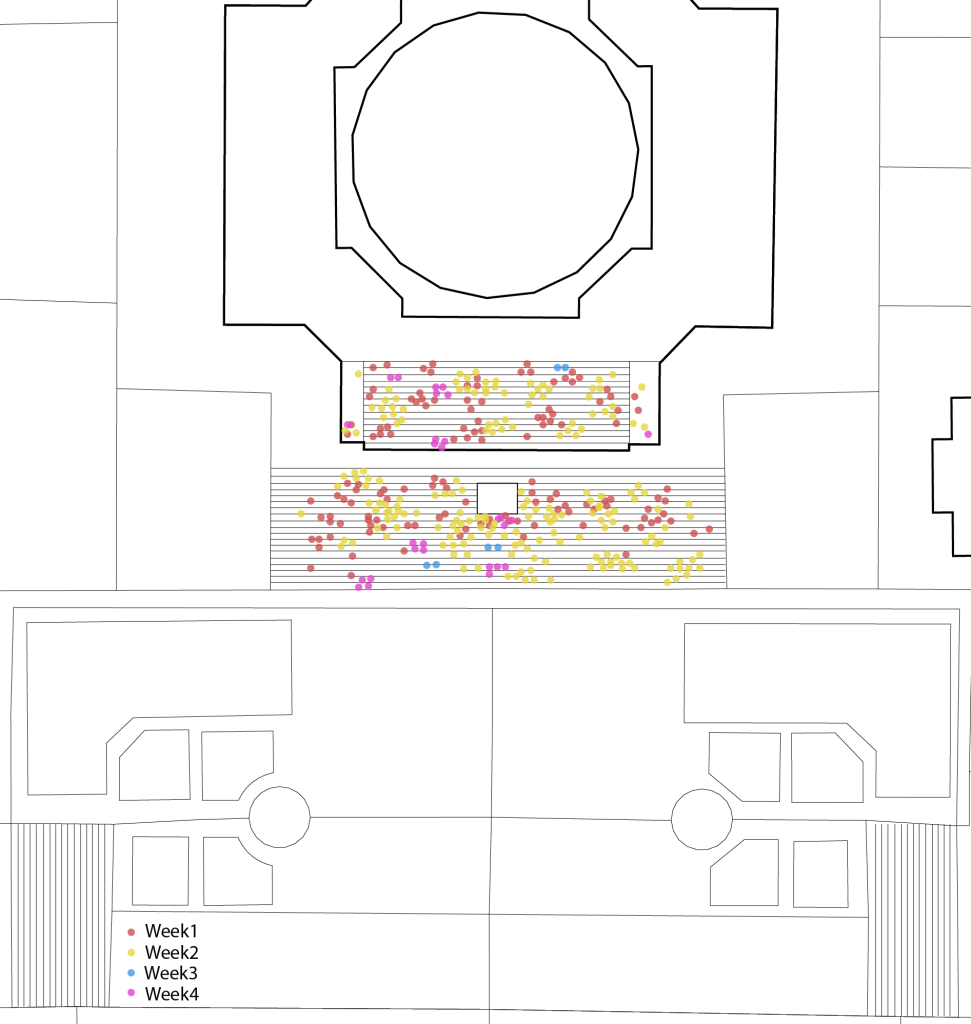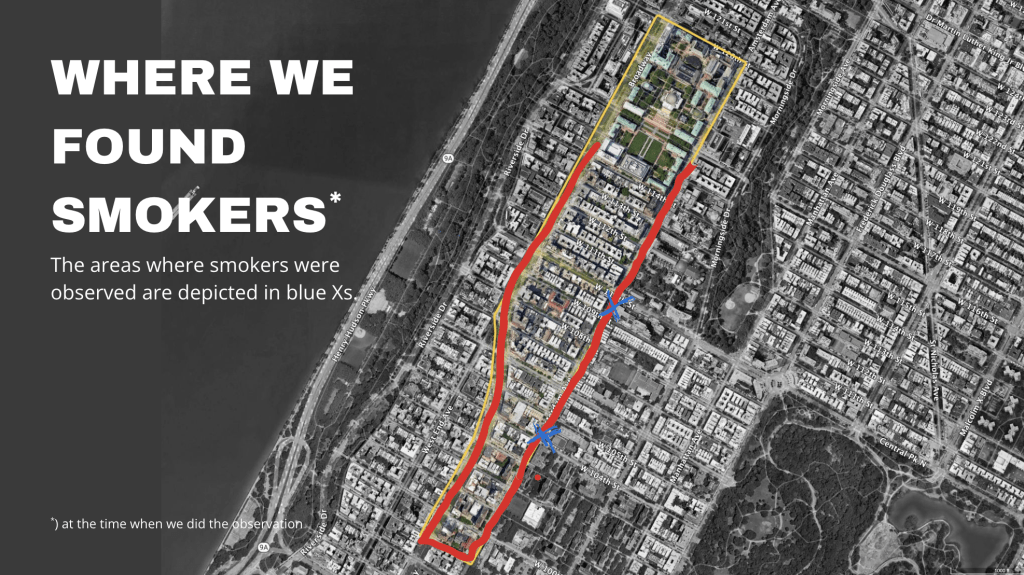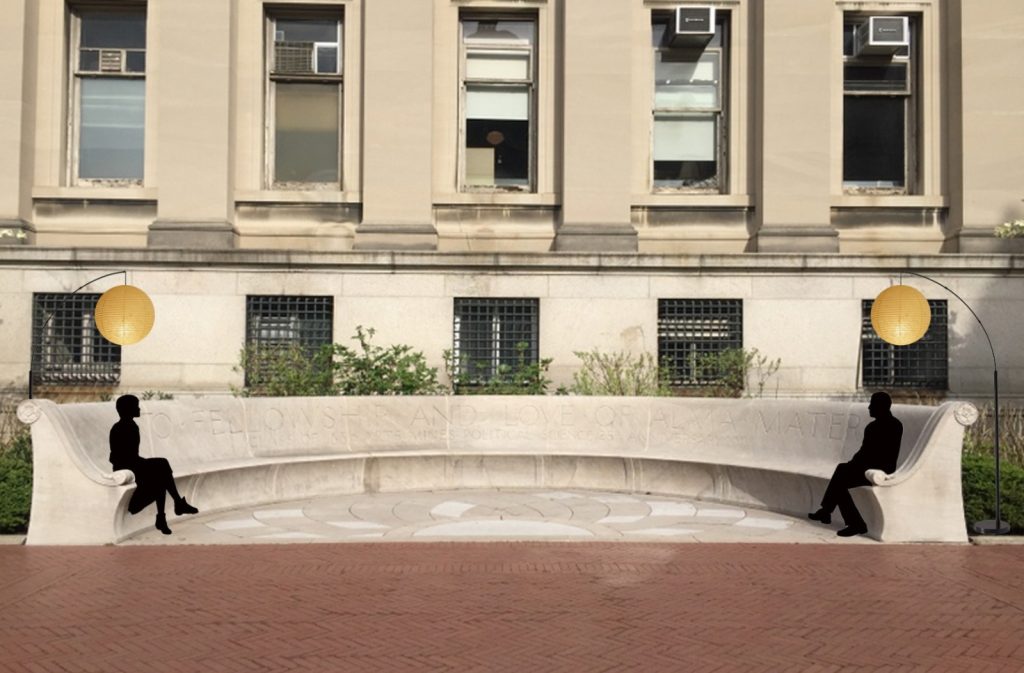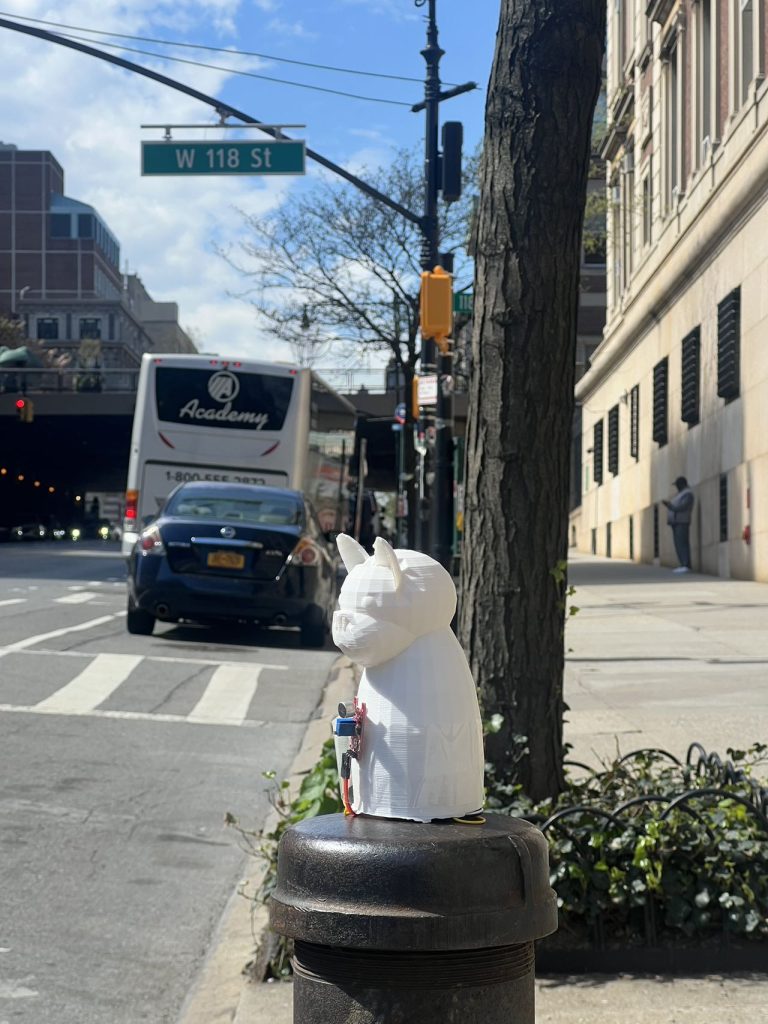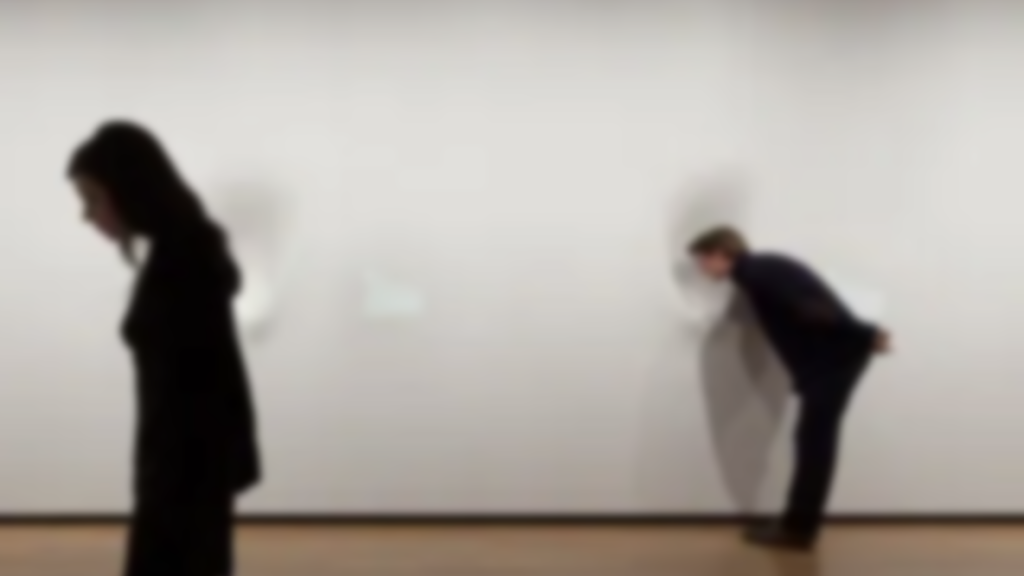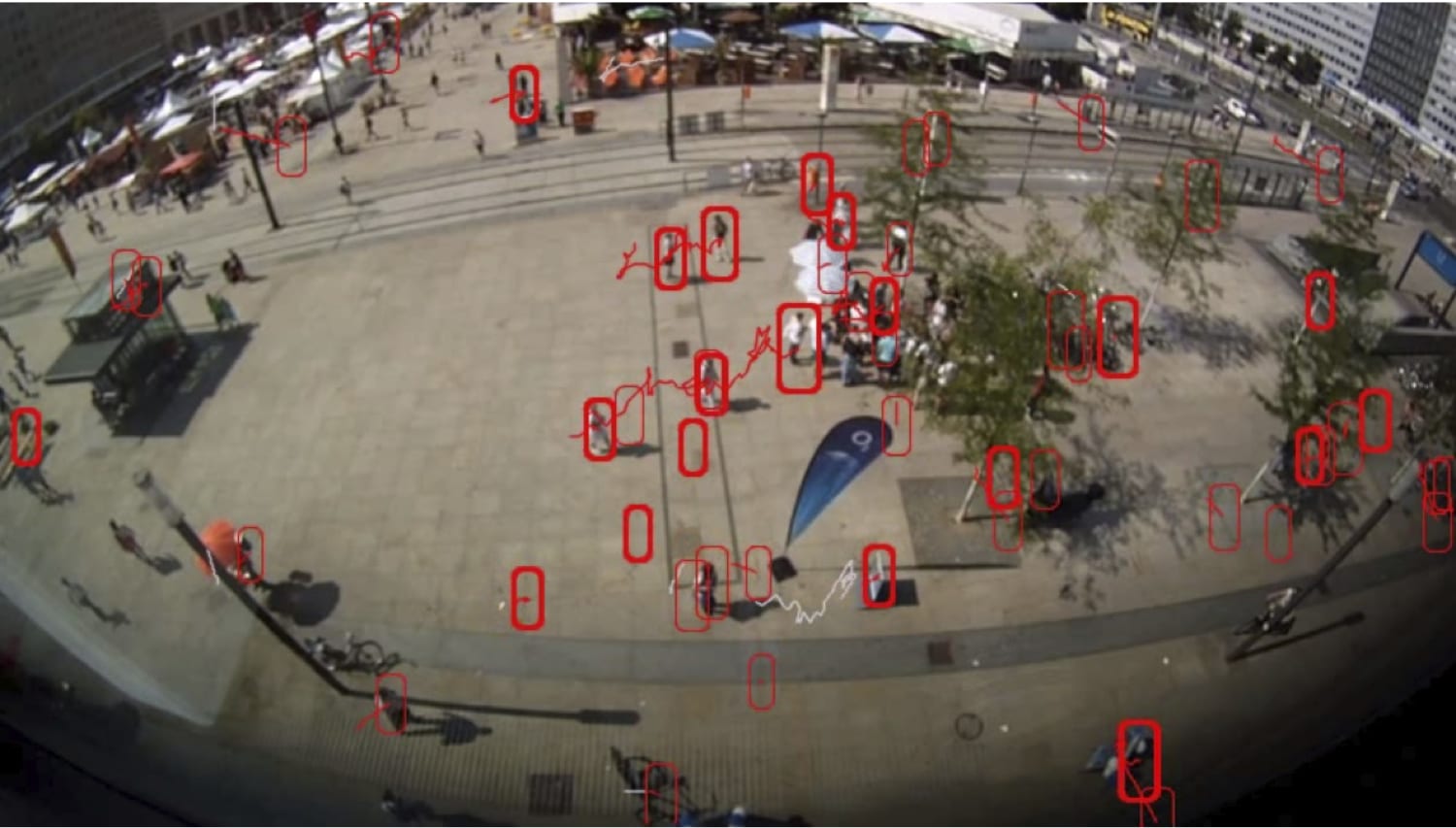Spring 2024: Data Anecdotes
In recent years, interest in “public life”—people’s daily interactions within the built environment (Gehl 2011)—has been renewed as urban spaces are being transformed into areas for recreation, socializing, and human activity. However, many commonly accepted theories in environmental psychology and planning were generated from limited observations—limited by time and space. This course asks how sensing technologies can validate or challenge these theories of public space and social interaction through the measurement of urban environmental stimuli and how we intersect them with aspects of environmental quality and justice, sustainability, equity, and overall general well-being.
We will use the university context as a living laboratory to test and reevaluate the commonly accepted theories of public life while engaging in critical conversations that balance the positive aspects of better-informed design and policy with the challenges concerning data ethics, surveillance, and privacy.
Participants in this hands-on workshop will design and implement prototypes for the creation of data on human activity, and environmental conditions and quality. You will write code and evaluate and implement sensors and wire circuits on the Arduino platform (or a platform of your choosing!). Students will also learn methodologies to analyze and present the data and consider interventions based on these findings. There are no prerequisites in coding or electronics, but a desire to learn and engage hands-on is an absolute must–you’re the maker, designer, and creator!
tl;dr: Design and build circuits. Enumerate the use of public space. Think about how data can support agendas in spatial and environmental justice and urban design and development.
